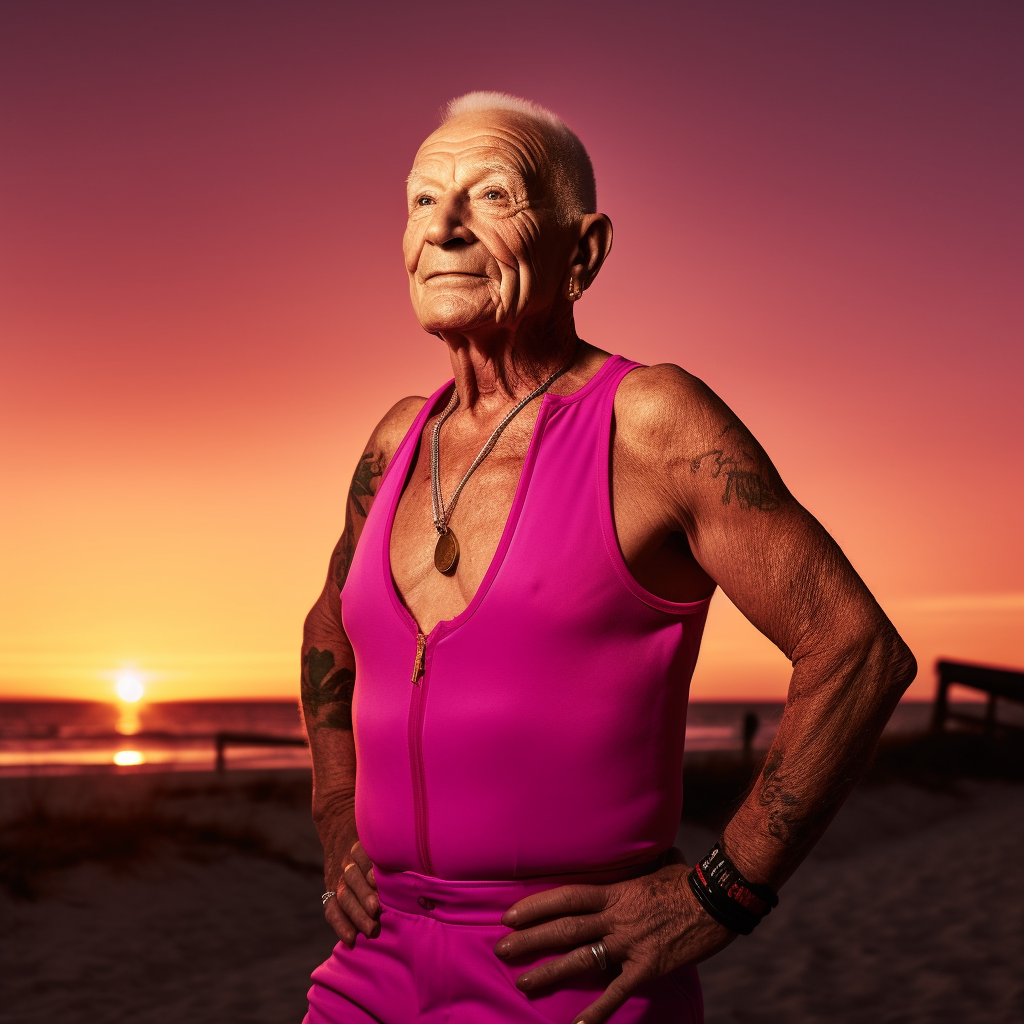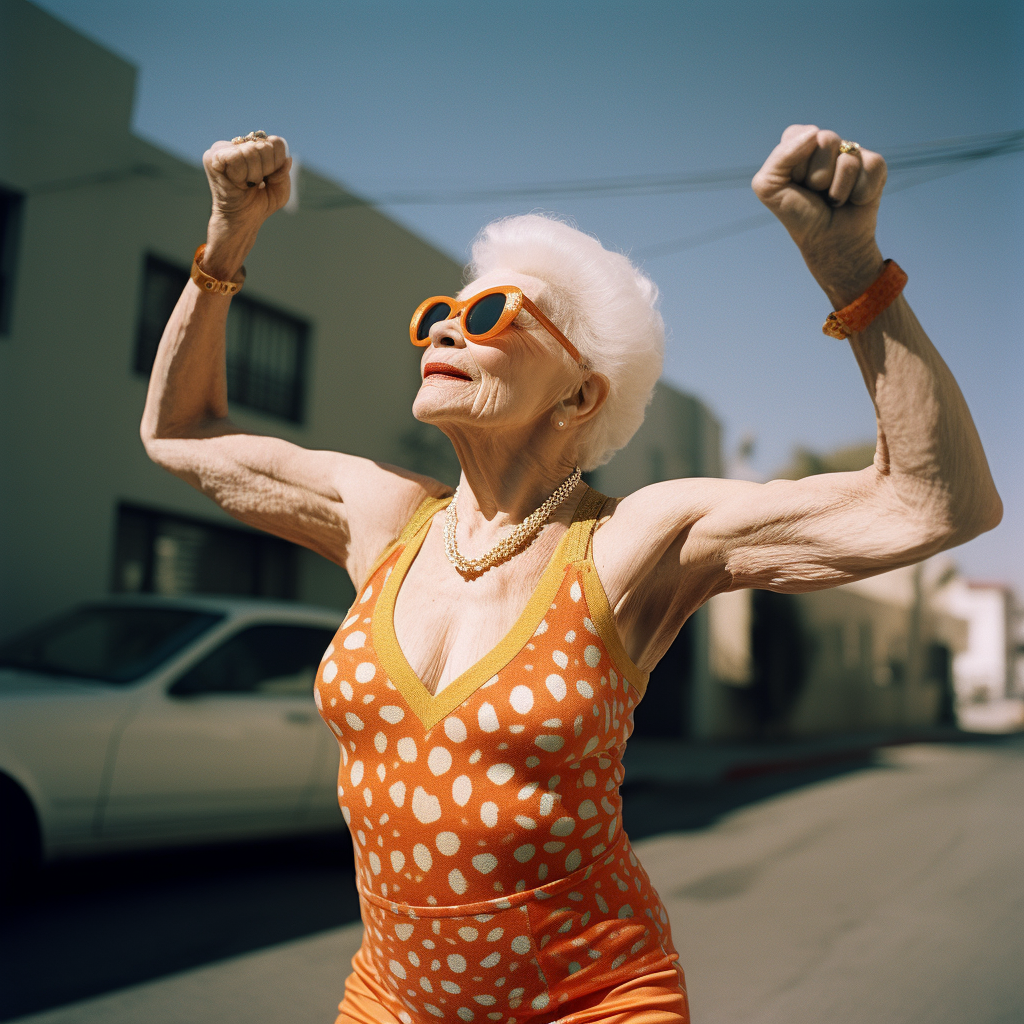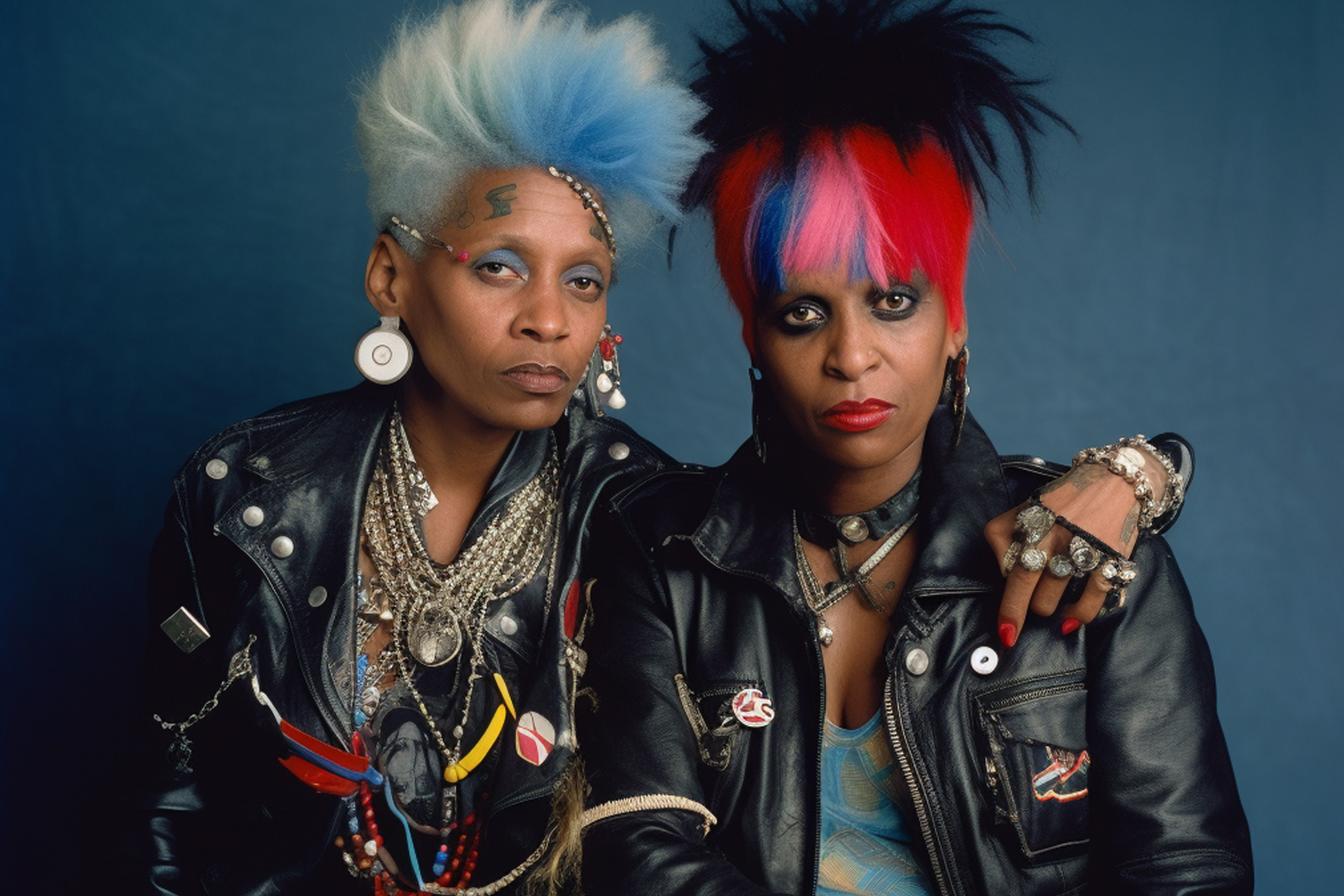We sat down with Sari Botton, editor-in-chief of newsletter Oldster Magazine, about how getting older lets you be the truest version of yourself.
Through her Substack newsletter, Sari Botton examines what it means to get older through different people and their stories.
What’s the inspiration behind Oldster Magazine’s slogan: “Exploring what it means to travel through time in a human body, at every phase of life”?
As long as I can remember, I’ve been obsessed with the idea of what it means to pass through time in a human body at every phase of life. When I turned 10, my uncle made a comment that stuck with me: “You’ll never be a single digit again.” Even at that young age, it felt like a significant milestone. As I got older, I saw how ageing affected my parents and grandparents, but I didn’t feel the same way they did. I’ve always wondered if it was because I didn’t have children or if it was a generational difference. It led me to explore the topic further. Now I’m in my 50s, I still feel like I’m 11, so I realised there was a gap between my chronological age and how I felt. I wanted to explore that, so that’s when I started Oldster Magazine.
What has been the reaction to Oldster Magazine?
For a while I was getting a lot of pushback from much older people. Every now and then, older adults felt very territorial about it and were like, “Oh, I can’t believe you got all these young people on here.” Other people were offended by the name Oldster saying it’s a slur. But I’m reappropriating it, because like I said, I’m in my 50s but still feel like a kid. When I asked who else is feeling this way, I discovered that everyone felt similarly, especially much older individuals who participate in Oldster conversations.
Who do you think is an “oldster”?
Everyone. My aim is to create an intergenerational conversation to discuss the significance of ageing and start conversations that are inclusive and feature individuals from diverse backgrounds, ages, genders, and social classes. On the blog’s comment section, a community has formed with people of all ages engaging with each other, talking about their unique experiences in their various stages of life. They’re really learning from each other, which is what I hoped to achieve.
“We need to ensure that older individuals have control over their own narratives.”

Have you observed a greater level of openness in the conversation around ageing?
I see that there’s a shift happening in the ageing narrative, but not as big a shift as it should be. Ageism is still strongly related to the patriarchal system, the system that makes people youth-obsessed. I think we get pretty excited when we see older people in the media, but the reality is that so much of the success is still appropriated by men who control the narrative. We need to ensure that older individuals have control over their own narratives.
Oldster features personal stories from contributors. What are the kinds of stories that stand out to you as editor-in-chief?
One of the questionnaires that fascinated me was by Lucy Sante, a transgender woman and a well-known public intellectual. She expressed regret about not having the teenage years she desired, wishing she had experienced adolescence as a girl. But on the other hand, she feels young and excited about life since her transition. This is what I want to study, just as much as I want to study the 92-year old Holocaust survivor who feels as though each day is his birthday, since it is a day he has been granted. There’s quite a range of individuals and experiences featured in Oldster.
Have you seen any common themes across all your contributors?
At Oldster I see that contributors are very defiant in what they’re writing, whether it’s their personal essay or questionnaire response. Among the platform’s most popular pieces is Whole 60, written by crime novelist Laura Lippman, about how she gave up dieting and even got herself a bikini. As women get older, women find joy in being less visible, as they receive less predatory attention from men. These women have taken back the word “crone”, saying, “I kind of enjoy being older and not caring whether I’m
thin or pretty enough.”
What are some of the other benefits of ageing your contributors talk about?
Many people talk about feeling that, as they age, they are finally who they were meant to be. After all, people are living longer and healthier lives in today’s world. We don’t eat like we used to, we’re exercising and we’re meditating. As a result, our brains and bodies stay in better shape for longer than they did before. Now people age older, many of them talk about how they care less of what people think of them the way they used to. They are less concerned with other people’s opinions and therefore, they feel much wiser.

What has Oldster taught you personally about your experience with ageing and getting older?
Recently, I saw a quote by David Bowie that said something like: “In old age, you become who you were meant to be”. It resonated with me because the older I get, the more true “me” I feel. Looking back, I realise that I also felt most true to myself at the age of 11, before culture told me I had to perform femininity and before the hormones started. Getting older now feels like you get to recapture that originality, that truth of who you are.
“Getting older now feels like you get to recapture that originality, that truth of who you are.”
What can we do to help more people embrace ageing in the way you and your contributors have?
We need to expand the visibility of older people in ways we haven’t seen before. That’s why I try to show unconventional images of older adults, such as punk-rock ladies in their 70s or seniors reentering the dating scene in their 60s. We need to challenge the limiting beliefs about ageing and showcase older adults embracing new opportunities, whether that’s pursuing a new career, learning from their grandchildren, or getting a new tattoo. I recently profiled a remarkable woman in her 50s who took up skateboarding in her 40s. But mainly, we need to see more older people who are just as capable and beautiful in a way that’s different from what culture has been saying—to challenge the limiting ideas of beauty. This means seeing older people with diverse body types, faces, and hairstyles, rather than people who are ageing according to the standards. The more we get exposed to these stories, the more the culture will catch on.
“I try to show unconventional images of older adults, such as punk-rock ladies in their 70s or seniors reentering the dating scene in their 60s.”
For more captivating stories visit Oldster Magazine. If you want to learn more about Sari Botton, you can follow her on Instagram.


No Comments.